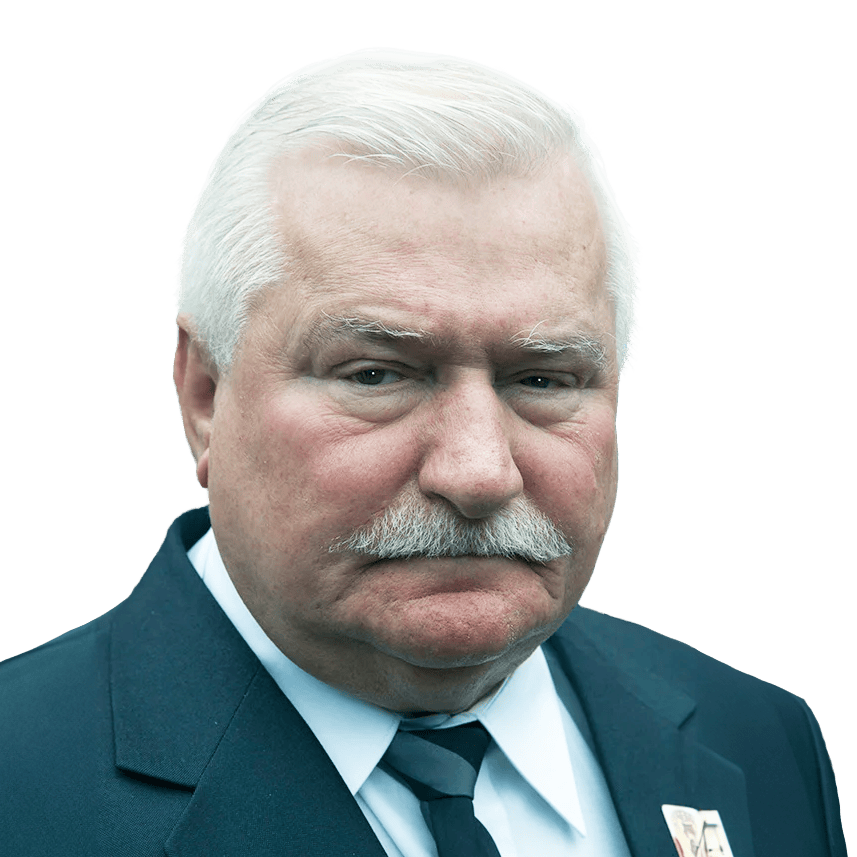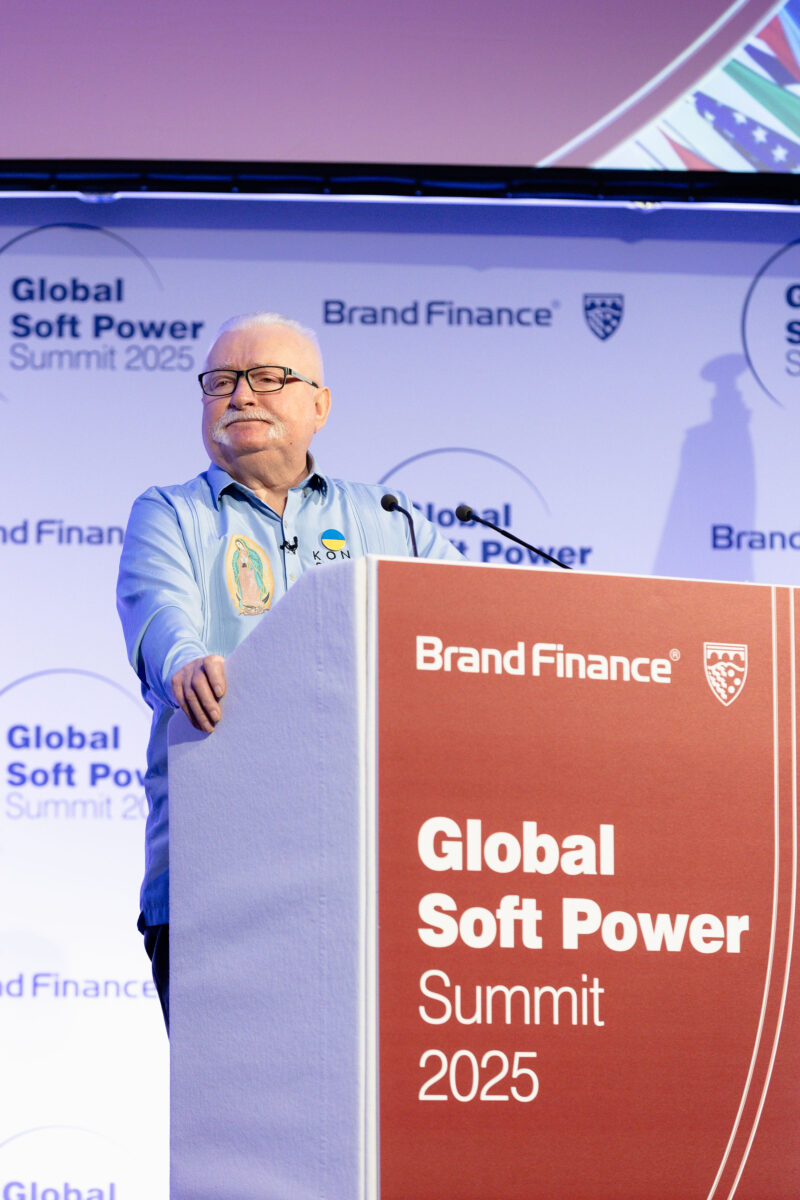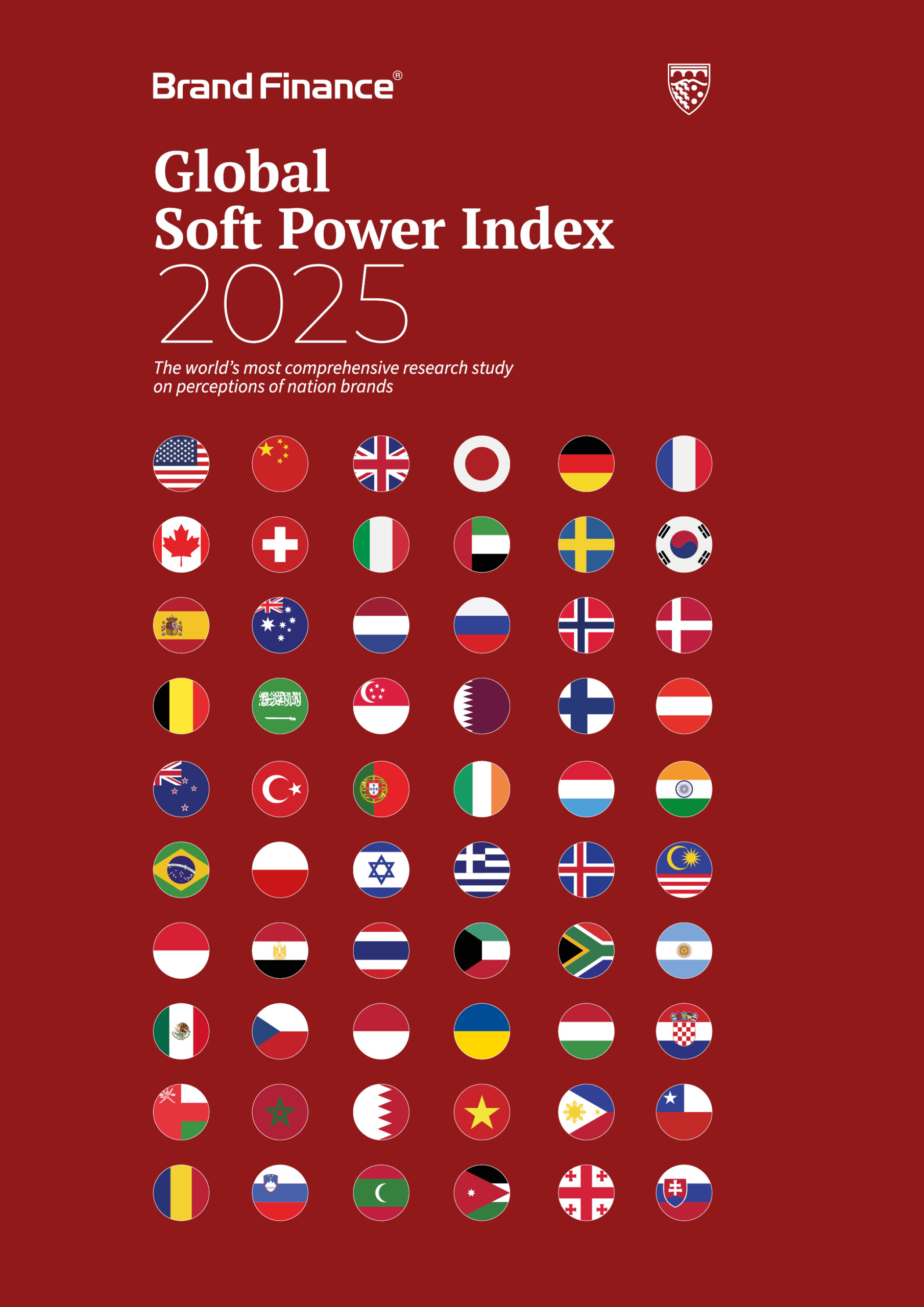This article was originally published in the Brand Finance Global Soft Power Index 2025
This is a translated and abridged version of the speech that Lech Wałęsa delivered at the Global Soft Power Summit 2025.

Former President of Poland & Nobel Peace Prize Laureate
Thank you very much for the invitation and the opportunity to speak with you today.
At 81 years of age, I find myself at a point where I reflect deeply on my life's journey and the lessons I have learned. I must say, not very humbly, that my life has been marked by a series of significant successes. I wish to share with you some of these key achievements and insights, in the hope that you might leverage them to achieve even greater successes in your own pursuits.
I firmly believe that your chances of success today are substantially greater than the circumstances I faced when I began my struggle against the oppressive Soviet regime. Back in those difficult days, all the so-called wise people assured me that I stood absolutely no chance. They argued convincingly according to conventional wisdom, that only a nuclear war could possibly shift the balance of global power that had been firmly established.
Yet I refused to accept this. My response to the sceptics was straightforward and unwavering: those who claim that nothing can be changed simply have not presented sufficiently strong arguments for change. It was through practical thinking and determined, peaceful, nonviolent action that I founded and led the Solidarity movement, a revolutionary force that drastically altered the course of history.

Solidarity was instrumental in the collapse of the Soviet Union, the dissolution of the Warsaw Pact, and the peaceful withdrawal of Soviet troops stationed throughout Central and Eastern Europe. Our movement significantly contributed to the reunification of Germany, one of Europe's most profound and symbolic transformations following World War II.
Yet, while our initial objective was fundamentally to dismantle oppressive and outdated political structures, our true intention went beyond mere destruction. Our vision was always to establish a new, better world order built on freedom, democracy, and human rights. Today, the problems and global turbulence we witness should be viewed as essential discussions, necessary stepping stones towards clarifying and shaping what this new world order should entail.
It is vital that we acknowledge that current hardships, conflicts, and crises each have a specific role and place in this broader dialogue. These difficult moments compel us to reassess our methods, reconsider our approaches, and ultimately, to discover improved, more sustainable solutions to global issues.
The methods Solidarity championed—peaceful and nonviolent activism—were successful in overcoming seemingly insurmountable obstacles. Sadly, these lessons appear largely forgotten in contemporary politics, where conflicts too often escalate into violence rather than dialogue.
I believe firmly that returning to the principles and practices of nonviolent resistance is critical if we wish to secure lasting solutions.
Furthermore, I must highlight a critical juncture at which our global civilisation currently finds itself. Technological advancements today have profoundly transcended national boundaries, rendering traditional, isolated approaches to governance obsolete. History reminds us clearly: advanced civilisations have emerged repeatedly, only to mysteriously collapse. We are still uncertain about many factors behind these historical collapses, yet one clear lesson remains—the necessity of recognising and confronting the risks that threaten our civilisation's continuity.
Our current era is defined by rapid globalisation and unprecedented technological growth, yet simultaneously, divisions between nations and systems appear to be intensifying. We face enormous risks if we fail to establish global and continental cooperation frameworks to manage critical issues effectively.
Around two decades ago, I began emphasising the importance of global cooperation explicitly. I identified approximately fifteen critical global challenges that no single nation could adequately resolve independently. My proposal was clear: leadership must emerge from influential powers capable of rallying global consensus and implementing broad-based solutions. I said it should be a duty of the United States to be a leader in addressing these global issues.
Additionally, I pointed out around thirty other significant issues better managed at a continental scale. Within Europe, countries like Italy, Germany, and France could form an effective coalition to develop and propose robust solutions to these issues, with the broader acceptance of these solutions by other European nations being crucial to their success.
Today's political frameworks must also undergo significant redefinition. We have inherited notions of political left-wing and right-wing ideologies from different historical contexts, which no longer neatly fit modern realities.
Even more pressing is the crisis within political parties that label themselves as "Christian" yet seem to lack genuine adherence to fundamental Christian values. It is essential for contemporary generations to restore meaningful clarity and integrity to political ideologies.
Turning to the specific issue of Ukraine and Russia, we must understand clearly the nature of the conflict. At its heart lies the criminal nature of the current Russian political system. The challenge is not merely about individual leaders like Putin or historical figures such as Stalin. Instead, it is systemic, rooted deeply in political structures that enable and perpetuate corruption, aggression, and authoritarian rule.
Rather than engaging in continual armed conflicts, our approach must focus on assisting nations like Russia in transitioning towards more transparent, democratic systems. Solidarity successfully dismantled the Soviet Union without resorting to armed conflict, demonstrating that peaceful transformation is indeed possible and preferable. Unfortunately, following this peaceful success, we failed to maintain this constructive approach towards Russia.
We are undoubtedly at a critical moment, witnessing the transition from the old era of small national states and rigid political blocs towards a new era marked by global information networks and unprecedented technological capabilities. We currently find ourselves somewhere in between, navigating the collapse of traditional systems while striving to define and establish the new global framework that will guide future generations.
All present developments, crises, and global debates must be perceived as integral to this profound discussion about our collective future. The fundamental question that remains before us today is whether we can collaboratively formulate effective solutions or whether we risk witnessing the decline and potential collapse of our current civilisation.
I invite you to reflect deeply on these challenges, to engage openly in these necessary discussions, and to commit yourselves to building a sustainable and peaceful global future.

